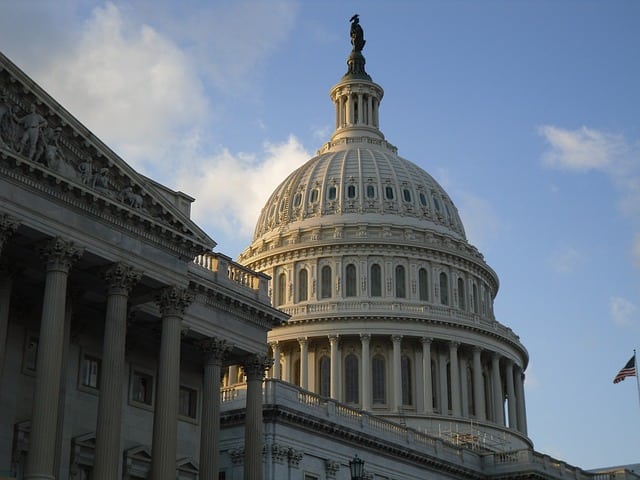Latest News

U.S. Congress
The House Appropriations Committee is warning NASA that lawmakers will not put up with further delays in the agency’s space-exploration missions. In a new report explaining the fiscal year 2019 Commerce-Justice-Science appropriations bill, the committee expresses concern that the delays have occurred despite “record investments” in NASA.
“These slips are intolerable and must not continue,” the committee wrote. “The committee expects NASA and its industry and academic partners to redouble efforts to enhance oversight and commitment to success in order to ensure that programs come in on time and within budget.”
Major programs that have encountered significant delays include the Space Launch System (SLS) heavy-lift rocket, whose first flight was recently pushed back by over a year, to December 2019, and the James Webb Space Telescope (JWST), whose May 2020 launch date is almost six years later than originally planned.
Despite its concerns, the committee would provide $5.1 billion, or $525.1 million above the Trump administration’s request, for deep-space exploration systems, including SLS, the Orion crew capsule and related ground systems. SLS and Orion are designed to take astronauts beyond Low Earth Orbit (LEO).
While the bill includes the $305 million requested for the Webb observatory, which will search for Earth-like planets, the committee said it “is very concerned about the issues that are emerging at this late stage of JWST development and expects NASA to report to the committee on a regular basis regarding efforts to ensure that this launch does not slip further.”
The bill fully funds the request for Moon exploration, including $504 million for the Lunar Orbital Platform, which will orbit the Moon and be used as a staging point for exploring the lunar surface and deep space. But the bill limits the use of those funds until NASA gives lawmakers a multi-year plan with specific goals and funding requirements.
“The committee believes that without firm goals and specific years by which to achieve those goals, programs could drift and languish,” the panel wrote.
The bill contains $4.6 billion for LEO and spaceflight operations; $715 million for aeronautics, including $88.3 million to continue developing the Low Boom Flight Demonstrator; $130 million for the Restore-L satellite-servicing program; and $60 million for hypersonic research. NASA would receive a total of $21.5 billion, $810 million above the FY 2018 enacted amount. The committee plans to mark up the bill May 17.
Get the latest Via Satellite news!
Subscribe Now